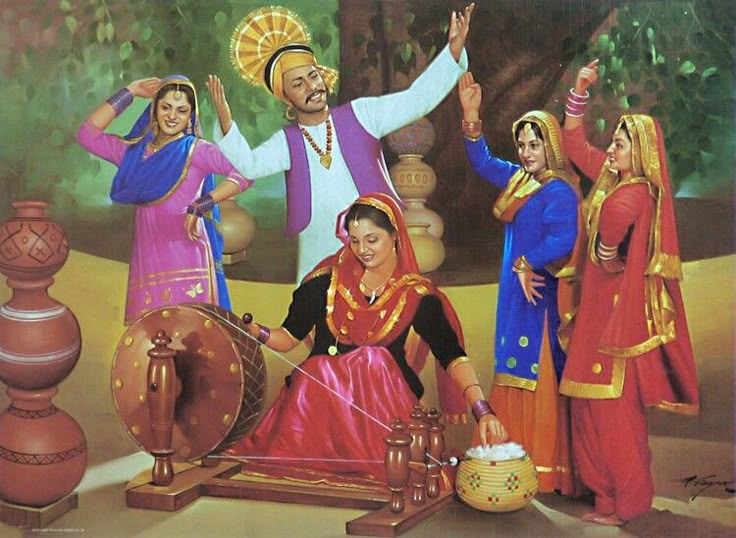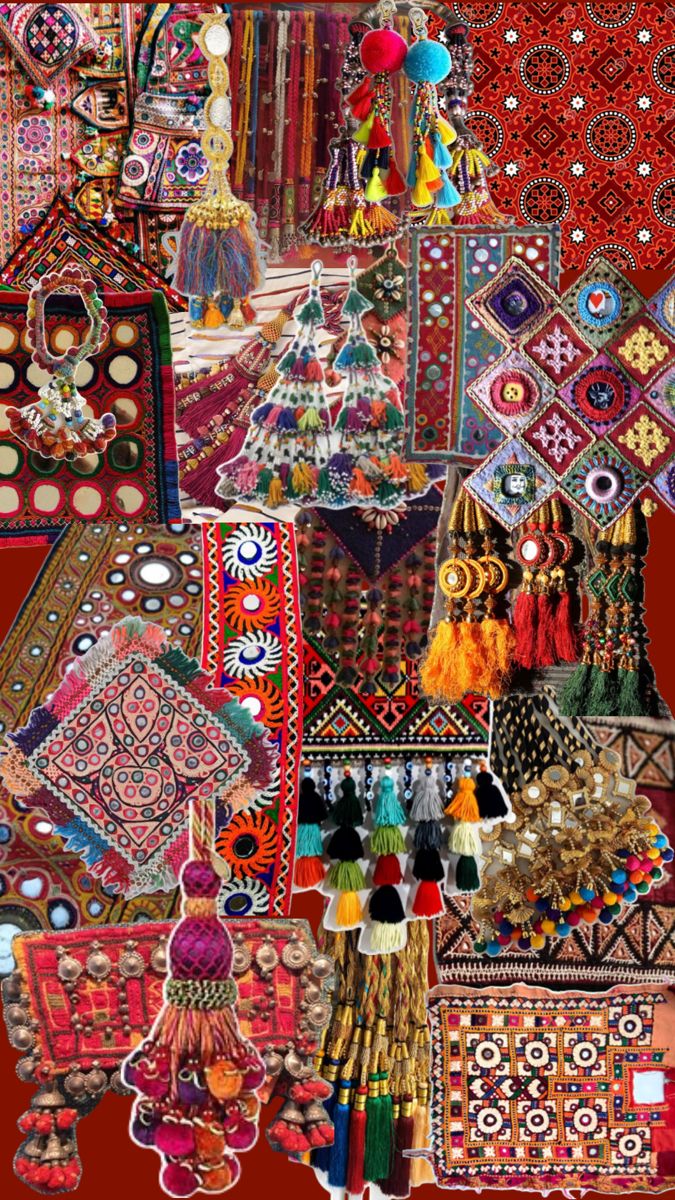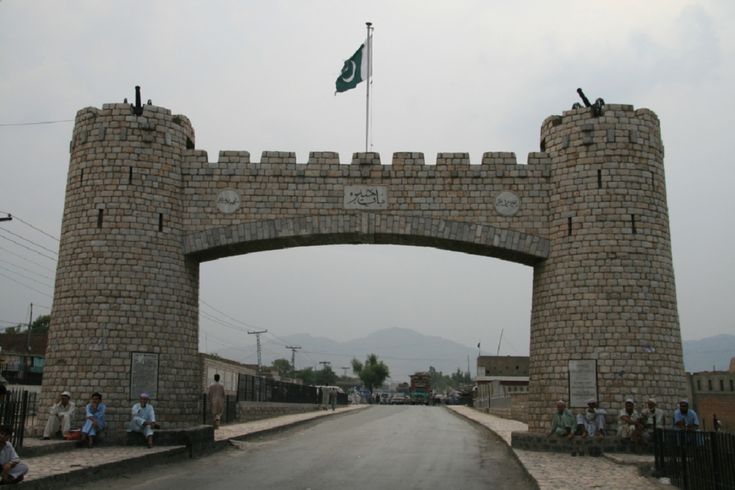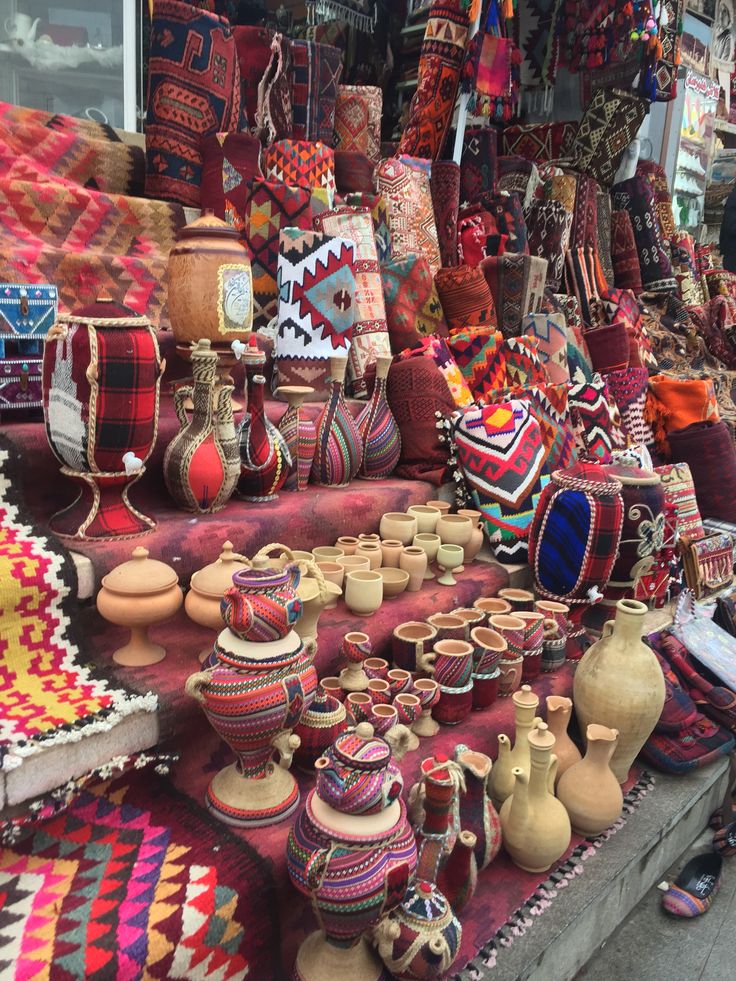
🌿 Punjab The Heart of Pakistan
Punjab is known for its lively music, Bhangra dance, colorful festivals like Basant, and delicious food like saag and makki di roti.
Punjab, the most populous province of Pakistan, is a vibrant land of colors, hospitality, and heritage. The people of Punjab are known for their warm-hearted nature, lively traditions, and strong sense of identity. The cultural fabric is deeply woven with classical music, Bhangra dances, folk tales like Heer Ranjha, and colorful festivals such as Basant and Lohri. Cities like Lahore are cultural hubs, blending Mughal architecture with modern vibrance. The food culture is equally rich — from spicy street food to traditional dishes like Saag, Makki di Roti, and Lassi. Punjabis are expressive, passionate, and proud of their history, making Punjab a symbol of life, love, and celebration.
Read more

